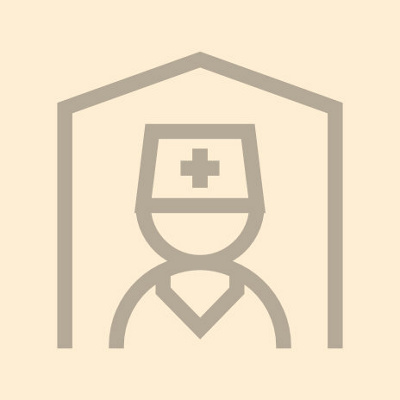Every baby is unique and reaches developmental milestones in their own time. However, there are things you can do to help your baby develop fine motor skills, as a Mediclinic paediatrician explains.
Fine motor skills are the small, precise movements we use for things like writing, drawing, and using scissors. While we often focus on these skills in toddlers and older children, they actually begin to develop much earlier.
“By three to four months, full-term babies can reach for objects. By six months, they can hold an item with both hands in front of them. By eight months they can usually pick up tiny objects using their thumb and finger,” says Dr Steffen Bau, a paediatrician at Mediclinic Windhoek. After that, they start to do things like point, clap, and wave bye-bye.
If your baby isn’t reaching these milestones, Dr Bau recommends that you talk to your paediatrician. It doesn’t always mean there’s a problem, as some babies just take a little longer. But it can’t hurt to give them some extra help.
Ways to develop your baby’s fine motor skills
“One of the first fine motor skills babies will develop is a palmar grasp,” says Dr Bau. That’s what’s happening when you put your finger in your baby’s hand, and they automatically clench their little fist around it – often with surprising strength!”
Starting at three months, you can place your baby on their tummy with an interesting toy in front of them to help them develop their grasp, he adds. “A little sustained push on the buttocks will help them to lift their upper body and reach for the toy.”
At around six to seven months, Dr Bau recommends introducing smaller objects or pieces of paper to develop your baby’s pincer grasp. And when they can sit by themselves and are starting solids, you can give them age-appropriate foods like pieces of steamed veggies and fruit to grasp and put in their mouths. “It’s a bit messy and needs supervision in case of choking, but for them, this is really good fun and a chance to learn,” says Dr Bau.
Later on, you can introduce games that make your baby use their fingers and think in three dimensions. Simple puzzles and shape-matching games (like putting the triangle in the triangle hole and the square in the square hole) are great options. “A fun game is to trap a small toy, like their favourite car, in a cube of elastic bands (an ‘inny bin’) and have them ‘rescue’ the toy,” says Dr Bau. “It helps improve their fine motor skills and gives them a sense of achievement.”
Toys for fine motor development
Educational toys can help your baby develop fine motor skills. Dr Bau recommends:
- Blocks. “Paediatricians always love wooden blocks, because one of the developmental questions we check is how many blocks the child can stack up before their tower tumbles.” The goal is four blocks at 18-24 months old and six blocks from two years old.
- Crayons. “Between one and two years old, scribbling with crayons is a fun way for your baby to develop fine motor skills. Don’t expect miracles though! Many take up to three years to be able to draw a circle.”
- Puzzles. These help with understanding space and developing fine motor skills.
As children get older, you can introduce Jenga, bead stringing (under supervision), and even musical instruments they enjoy listening to.
Benefits of fine motor development
In addition to learning new skills, developing your baby’s fine motor skills has long-term benefits. It can boost their self-esteem by helping them become more independent (like tying their own shoelaces), improve hand-eye coordination, which is important for sports, and support brain development. “Studies have also shown that children with strong fine motor skills tend to have better language and communication abilities,” says Dr Bau. “The many muscles in the face are also part of your fine motor system.”
Whether your baby grows up to be a sports star, an artist, or something entirely different, teaching them fine motor skills helps them build a strong foundation for life. These skills will support their development, boost their confidence, and give them the tools they need to succeed in whatever they choose to do.
Further publications on the topic
Doctors 1


